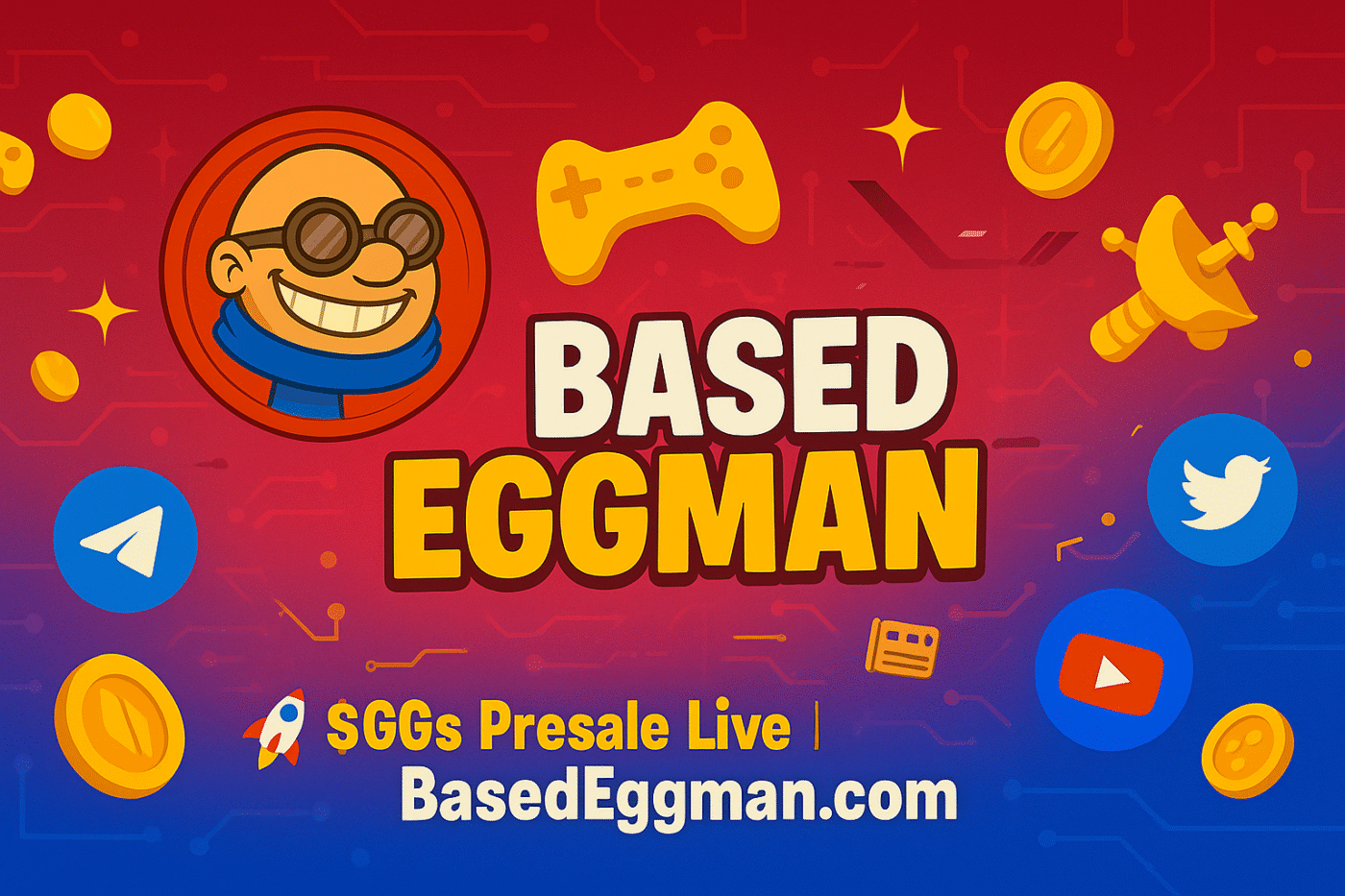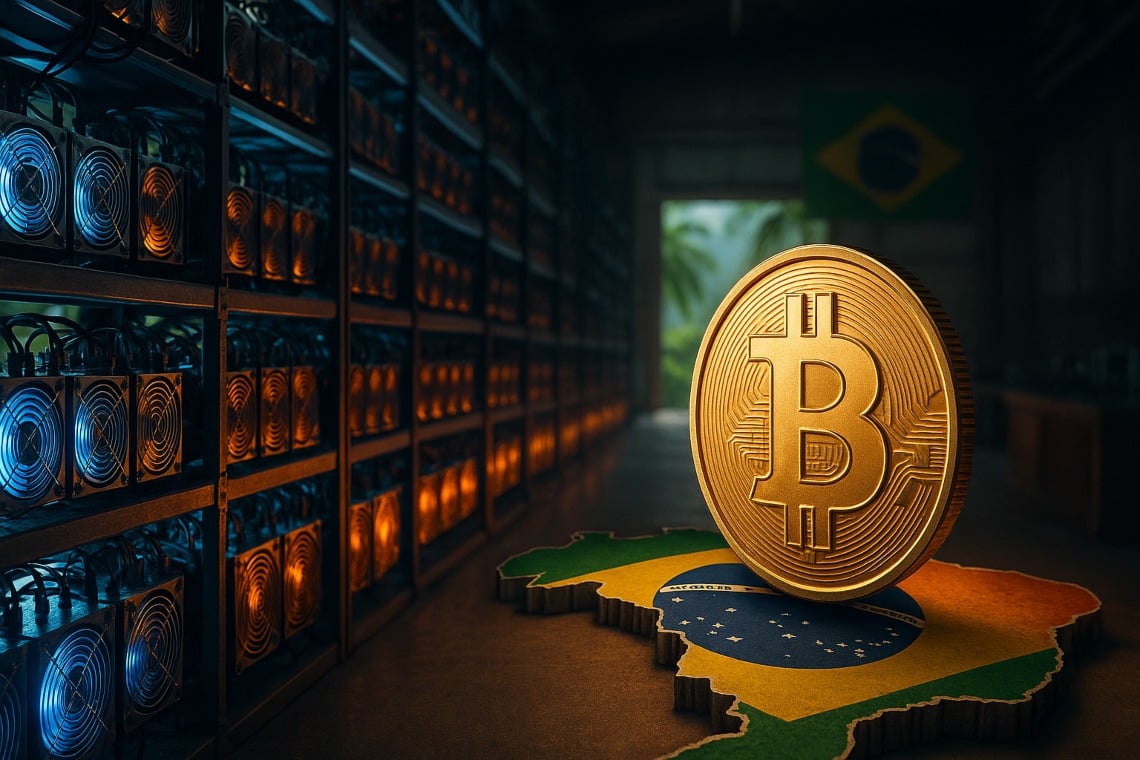Solana's Junk.Fun, a platform for recycling scrap tokens: On-chain "AiRecycle" helps reduce costs and increase revenue.
Did you know that every time you receive a junk airdrop in your Solana wallet, it will deduct 0.002 SOL from your account?
That's right, this is Solana's account rental mechanism. Some of you might be wondering, "I wasn't charged any rental fees when I created my Solana address."
Okay, before understanding the Solana account mechanism, let's distinguish between the concepts of address and account.
In the Solana architecture, an account is not the same as an address. Solana addresses are free to create, can receive assets, sign transactions, and do not occupy on-chain storage.
This is crucial; it doesn't consume on-chain storage.
When will "rent" be charged? It will be when on-chain storage is used.
How is on-chain storage usage calculated? Let's say someone transfers USDC to you. The Solana system needs to create a "USDC Token" account, at which point 0.002 will be deducted from your SOL balance as a rental fee. Once the account is created, the USDC will be credited to your account.
Another common situation is passively receiving junk coin airdrops. The system will automatically create a junk coin token account for you and deduct 0.002 SOL as rent. Your wallet will have more junk airdrops and less SOL.
Therefore, the relationship between an address and an account is similar to having multiple accounts under your name, each receiving different tokens. Each account requires a 0.002 SOL rental fee. However, in many cases, opening an account is involuntary.
The image below, created by Solscan, shows the status of the MEME token SBAE, where SOL Balance 0.002039 represents the rental fee.
On the USDC page, although the SOL Balance is not displayed, the Owner Program is a Token Program, which means that rent still needs to be paid.
Why is there a "rent"?
The purpose of this system is actually to prevent state explosions, similar to DDoS attacks, and to prevent malicious individuals from endlessly issuing tokens on the blockchain. However, in reality, the goal is to reduce the cost of airdrops for legitimate projects, implementing a system where those who benefit pay for the rewards. Ironically, this has been exploited by many spam meme creators to fabricate fake token-holding address data.
Is there any chance of recovering the rent?
Junk.Fun addresses this issue. Junk.Fun is a token recycling platform within the Solana ecosystem. After recycling zero-value MEME or NFTs, users receive Credits. Credits can be directly withdrawn as SOL, or users can exchange them for Junk.Fun treasure chests to win $SOL tokens, physical prizes (such as iPhones), NFTs, and other rewards in future airdrops.
During the first month of the campaign, Junk.Fun will be giving away at least $50,000 in prizes.
Each time a user redeems a token, a fixed percentage of the transaction fee goes into a growing reward pool.
Early adopters and partners will also receive a unique referral link. Access will be by invitation only for the first 48 hours.
In fact, Solana’s current recycling tool has processed over 400,000 SOL, valued at over $900,000 USD, with over 100,000 addresses. The market demand is substantial and real.
The Junk.Fun core modules include:
1) Bulk destruction and rental income recovery
Select all junk tokens/NFTs with one click; destroy them in batches and close accounts; rent is automatically deposited into your Junk.Fun account.
2) Treasure Chest Lottery
Purchase treasure chests with your Junk.Fun balance;
There is a 46% chance of winning a prize in the lucky draw;
Opening a legendary treasure can earn you up to 60% of the total prize pool.
3) Friend Recommendation System
When a friend opens a treasure chest, the referrer receives a commission.
In the later stages, Junk.Fun will become more gamified and fun. Several new PVP game modes will be added, allowing players to win treasure chests through battles and ultimately earn SOL (Skill Points).
This scenario not only gives rise to PVP battles, but also to tournaments, social games, team competitions, and other scenarios. It evolves from "one-time use" to "continuous participation," from "recycling tools" to "gaming platforms," and from "wallet cleanup" to "entertainment ecosystem."
You May Also Like

Crypto News of the Week (Oct 23–30, 2025)

MAXI DOGE Holders Diversify into $GGs for Fast-Growth 2025 Crypto Presale Opportunities
